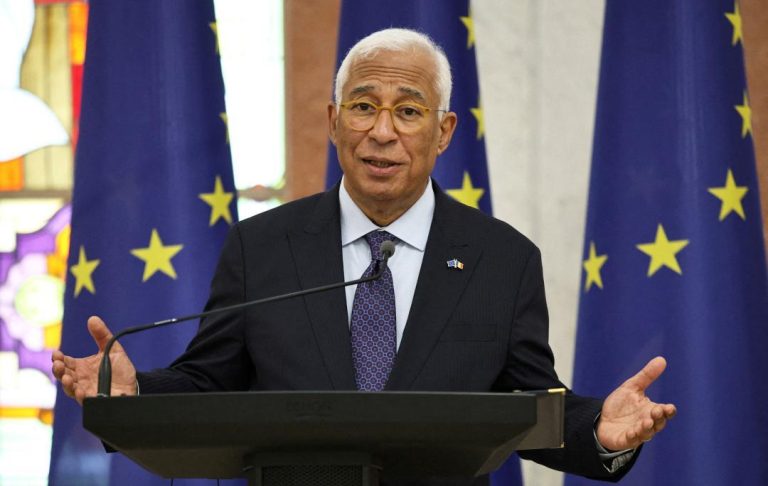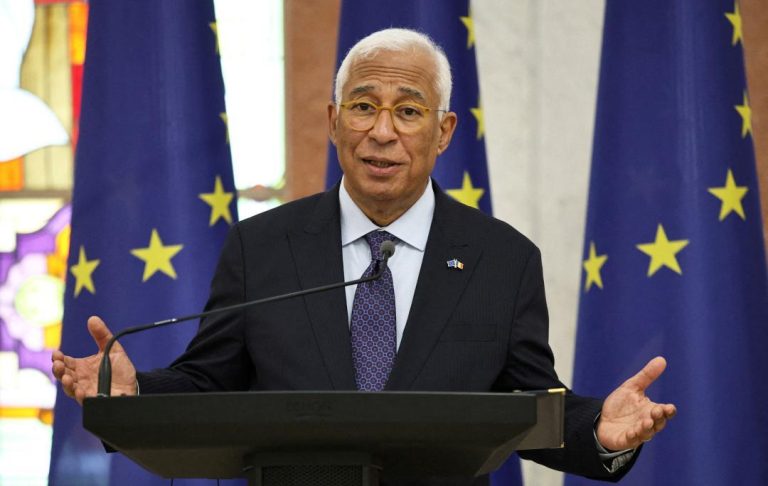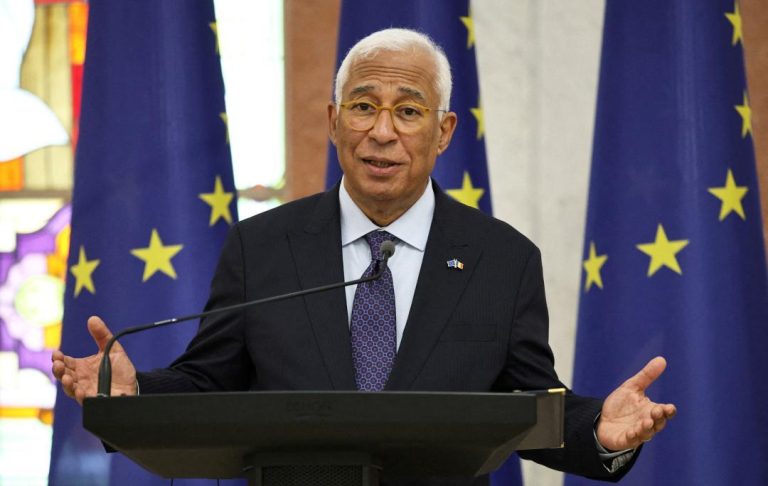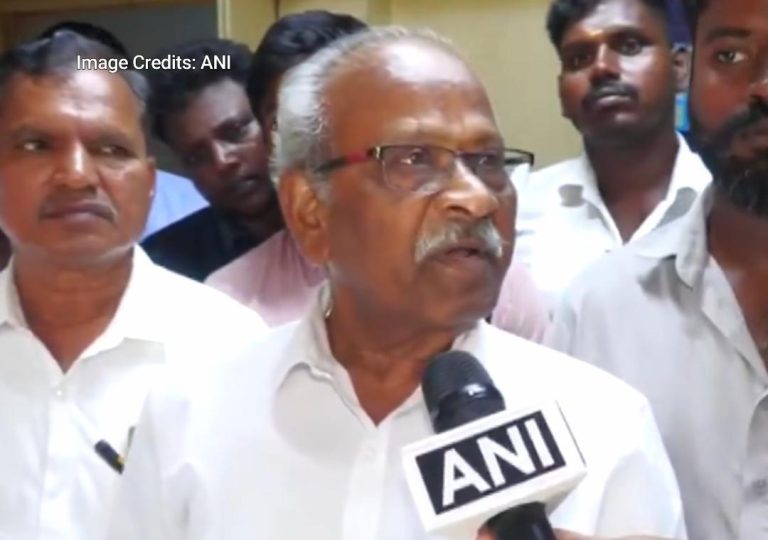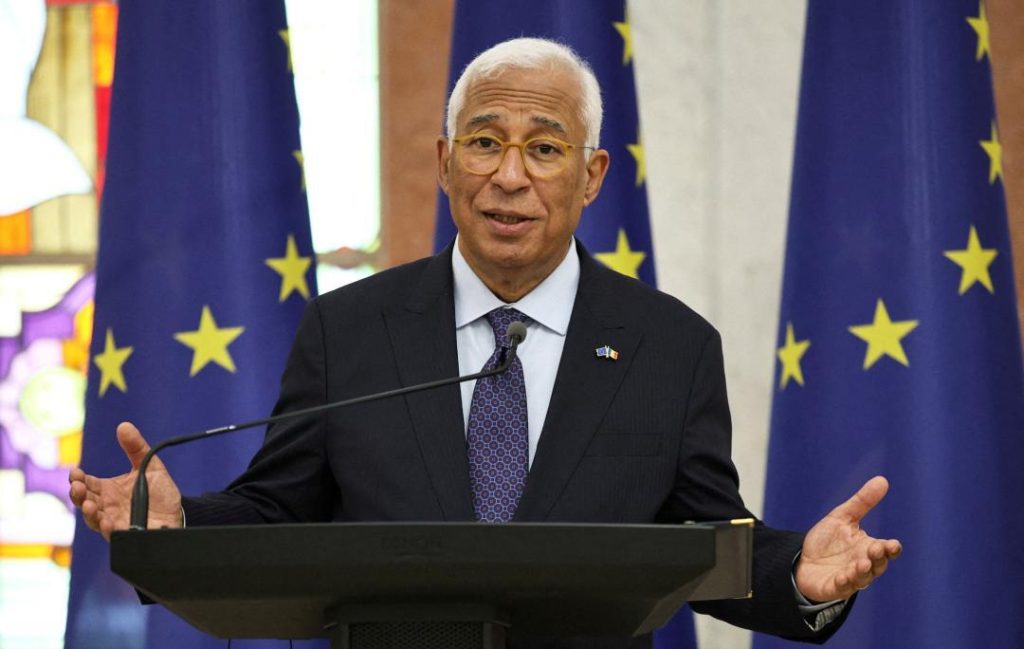
Title: No Indications Spain, Portugal Blackout a Cyberattack: EU’s Costa
In a recent statement, EU Council President Antonio Costa revealed that there are “no indications of any cyberattack at this point” following a massive power outage that struck Spain and Portugal. The blackout, which left millions without electricity, has sparked concerns about potential security breaches. However, Costa assured that grid operators in both countries are working tirelessly to identify the cause and restore the power supply.
The power outage, which occurred in the early hours of the morning, affected an estimated 10 million people, with many areas experiencing complete darkness. The incident has led to widespread disruption, with traffic lights, water treatment plants, and hospitals being among the affected infrastructure.
As the investigation into the cause of the blackout continues, Costa emphasized the importance of cooperation between Spain and Portugal to resolve the situation as quickly as possible. He also stated that he is in close contact with Spanish President Pedro Sánchez and Portuguese Prime Minister Luís Montenegro, ensuring a unified response to the crisis.
While the initial findings suggest no evidence of a cyberattack, the incident highlights the vulnerability of critical infrastructure to power outages. It serves as a stark reminder of the importance of investing in robust energy systems and cybersecurity measures to prevent such incidents in the future.
The blackout has also raised concerns about the reliability of the European energy grid. As the continent continues to grapple with the challenges of climate change, energy security, and economic growth, the incident serves as a wake-up call for policymakers to prioritize investments in renewable energy and grid resilience.
In the aftermath of the blackout, both Spain and Portugal have launched investigations to determine the root cause of the incident. The Spanish government has set up an emergency response team to coordinate the recovery efforts, while Portugal has deployed emergency services and military personnel to assist with the restoration of power.
The EU has also pledged its support to the affected countries, offering assistance in the form of financial and technical aid. The European Commission has announced that it will provide €10 million in emergency funding to support the recovery efforts, while the EU’s security agency, Europol, has offered its expertise in investigating the incident.
As the investigation continues, it is essential that European leaders and policymakers learn from this incident and take concrete steps to improve the resilience of the energy grid. The blackout has highlighted the need for increased investment in renewable energy, energy storage, and grid infrastructure, as well as the importance of robust cybersecurity measures to prevent similar incidents in the future.
In conclusion, while the initial findings suggest no evidence of a cyberattack, the blackout in Spain and Portugal serves as a timely reminder of the importance of investing in energy security and grid resilience. As the EU continues to navigate the challenges of energy transition, it is crucial that policymakers prioritize the development of a robust and reliable energy system that meets the needs of citizens and businesses alike.
Source:
